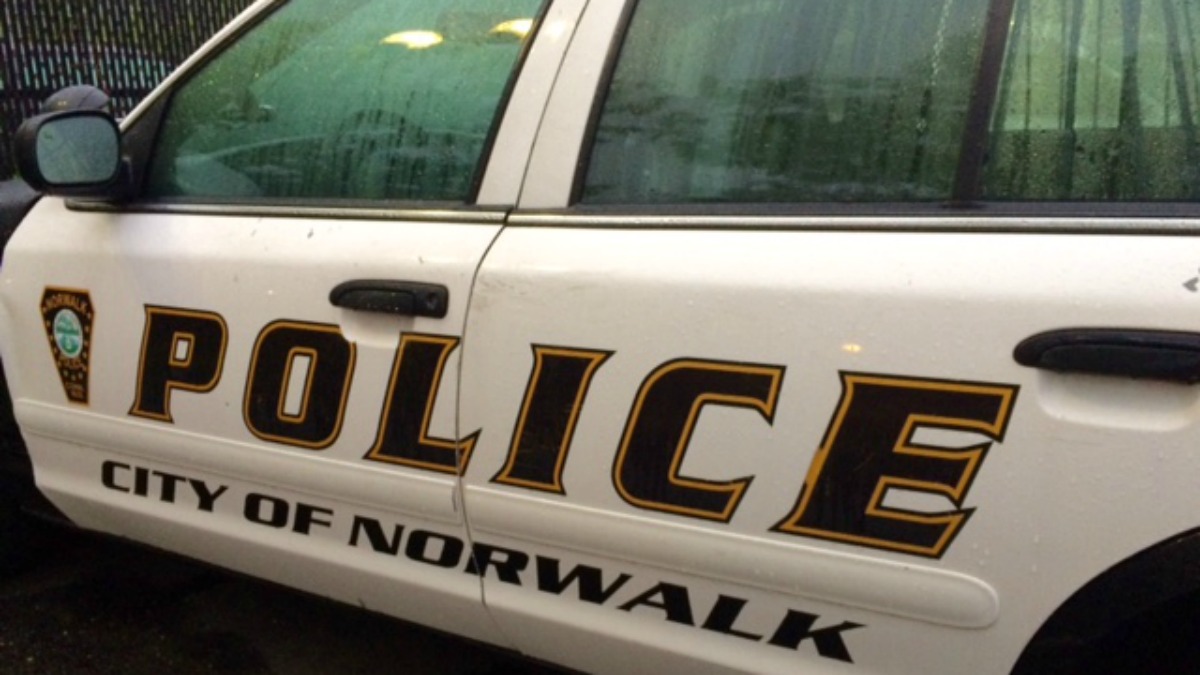Rabies has hit another Connecticut town.
A three-month old golden retriever was infected with the disease after being bitten by a skunk.
The dog was exposed to 28 people. None of those people have shown symptoms of rabies, but were vaccinated as a precaution.
“This case illustrates the importance of educating our communities about rabies and the timely exchange of information,” said Patrick McCormack, the Interim Director of Health for the Northeat District Department of Health.
The puppy was euthanized.
This is the second case of rabies reported in a Connecticut community in the past few weeks. Four skunks have tested positive for rabies in Enfield. The discovery led health officials there to issue a warning to the town.
Rabies is transmitted by bites to humans, according to health officials.
Local
The Northeat District Department of Health has offered these tips to help residents avoid rabies:
• Stay away from wild animals, strays, and domestic animals that are unfamiliar to you.
• Seek medical treatment immediately if you’ve been bitten. Wash the wound thoroughly with soap and lots of water. Your physician will determine if you need anti-rabies treatment.
• Report the incident immediately to your local health department so they can conduct an investigation and provide proper notification and information to exposed individuals.
• Wear heavy leather gloves if handling a pet that has been involved in an altercation with a wild or unfamiliar animal and wash your hands well following the incident. Avoid direct contact with any saliva or brain/nervous tissue.
• Make sure all pets are current on their rabies vaccine. If you bring your pet to the veterinarian after an animal attack, the vet may ask you about any human exposures. They should direct you to contact the local health department.
• Multiple agencies can be involved in a rabies case. This includes the local health department, local animal control officers, Nuisance Wildlife Control Operators, veterinarians, State testing laboratories, and the State of Connecticut Department of Environmental Protection. Be sure to share accurate details so all authorities can conduct proper investigations.



